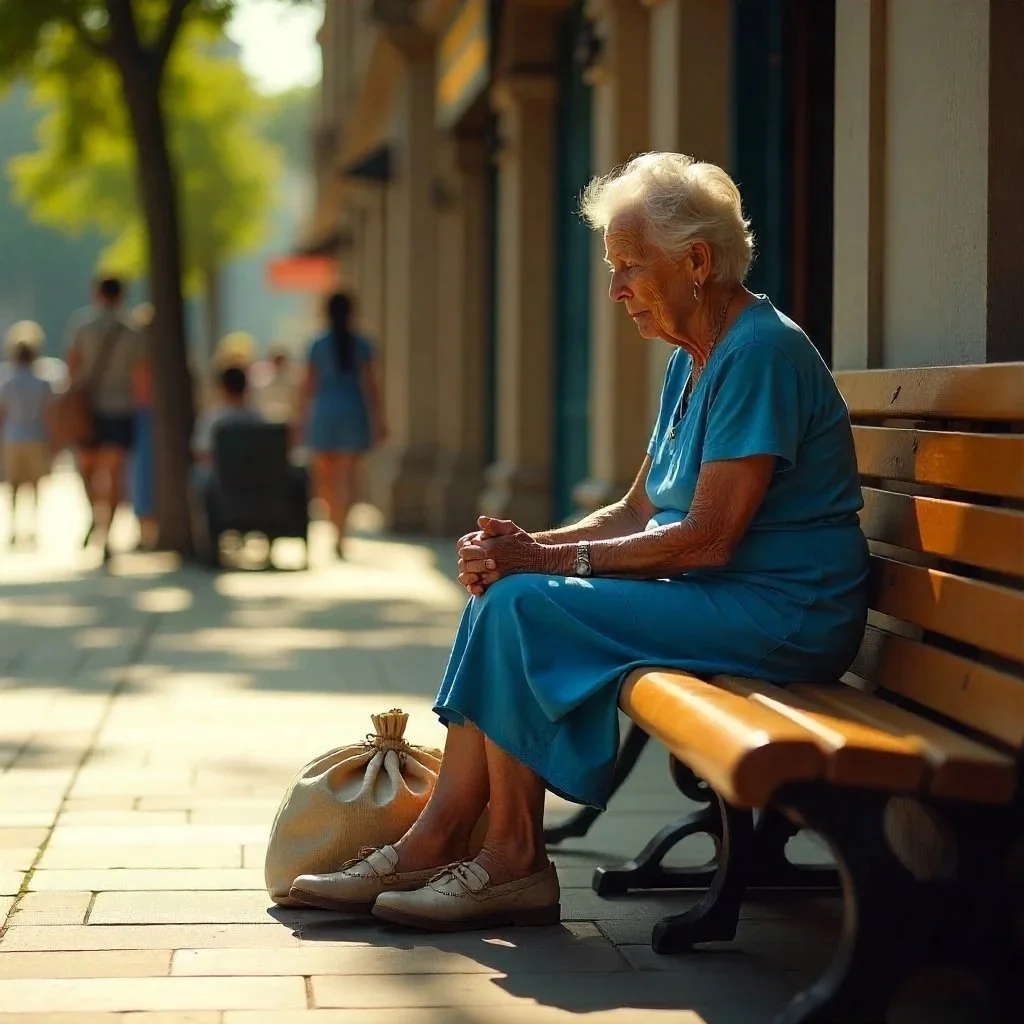Who Is More ‘Ugly,’ The One Judged, or The Judge
written by: Rev. Dr. Scott Paczkowski
“But when you give a banquet, invite the poor, the crippled, the lame, and the blind. ”
I was shocked to read the “National Geographic” article from August 12, 2024, entitled, “Illegal to be ‘ugly’? The history behind one of America’s cruelest laws.” We recognize that those with unusual beauty have had a let up on the rest of us in relationships and at school or work. I didn’t know our United States of America had laws against those deemed ugly. According to the article’s author, Ainsley Hawthorn, “San Francisco was the first city to make it a crime for ‘any person who is diseased, maimed, mutilated, or in any way deformed so as to be an unsightly or disgusting object” to “expose himself or herself to public view” in 1867.
Shame on San Francisco, but do not think they were alone in their disgusting attitude. “The legislation, which quickly spread to other cities and states-including Reno, Nevada; Portland, Oregon; Chicago, Illinois; New Orleans, Louisiana; and Pennsylvania-targeted people with visible disabilities.” Part of the motivation came from “the mistaken belief that seeing someone with a disability could literally make a healthy person sick.” Hawthorn continued, “Others argued that allowing disabled people to beg for money made it too easy for pretenders to take advantage by faking a disability.” Medicate, for example, was not enacted until 1965. To that generation, someone pretending to be sick to make more money was more socially abrasive than allowing those in unwanted circumstances from being able to beg for survival.
What surprised and repulsed me most was how long the ugly laws remained active. “While the ugly laws themselves are no longer in effect-the last recorded arrest related to an ugly law was in 1974, under an Omaha, NE, ordinance-their legacy continues to influence attitudes toward disability and public space.” Before we Iowans judge too quickly, how much different is it to fine homeless people in Des Moines, who have no money or a place to lay their heads, $50.00 for sleeping in the street?
Today, Hawthorn reminds us to celebrate the “Disability advocates in the 1970s [who] used the laws as a shocking example of discrimination that demonstrated their need for civil rights protections. Their activism led to the Americans with Disabilities Act of 1990.” Do not think just because ugly laws are no longer on the books, discrimination no longer exists. Prayerfully watch for laws restricting others who some deem ugly; for far too long, LGBTQAI people have suffered under similar prejudice. Laws against immigrants closely align with the idea that specific skin colors are too ugly and unacceptable to see in abundance. Remain diligent in naming ugly laws in all forms so God’s justice and loving equality may find its rightful place in our world.




